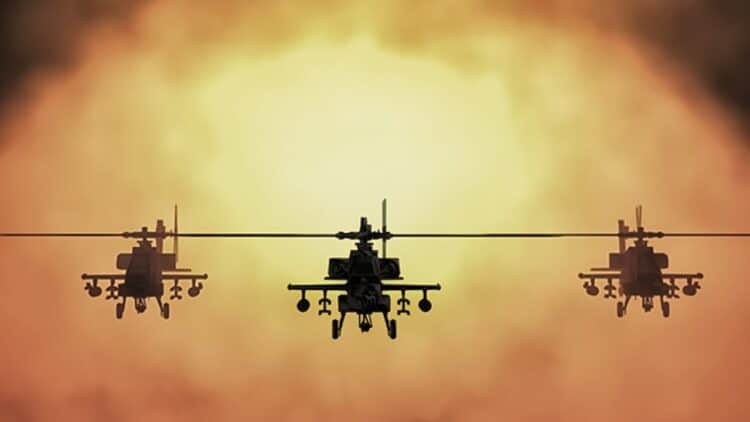National security has been a big issue in the political and defence sector of India. The PM-led government in India has kept National security on its top agenda. They have mentioned National security as one of its top election agendas. One of the reasons that make National Security important for India is the history of terrorist attacks and border infiltration attempts in India.
The National Security Advisor, Ajit Doval while addressing the 73rd batch of IPS probationers said that wars are no more a means to fulfil political or military objectives. It has become expensive and unaffordable, and there is unpredictability over its outcome. So, countries no longer prefer wars. Now, there are attempts to create a divide in civil society to hurt and manipulate the situation in a country.
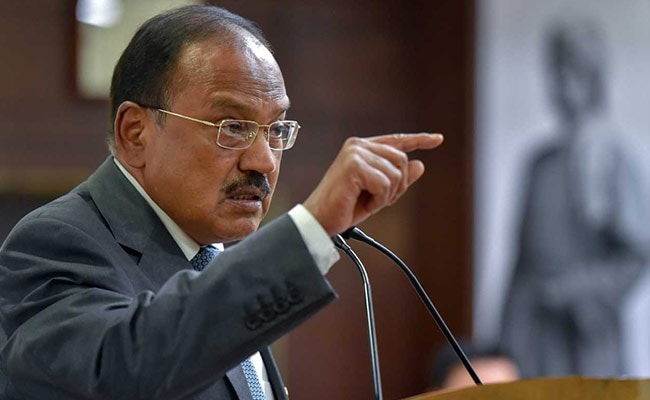
In the Context of a nuclear environment, wars have become more brief, swift, and localized. They don’t take place at a global level. But, it does not imply that territorial loss is acceptable. The intrusion attempt by the Chinese army in 2020 made it clear that until the armed forces are completely equipped, the enemy will look at the vulnerabilities of the enemy.
The late K Subrahmanyam, a prominent strategic affairs analyst who also headed the Kargil Committee, stated, “National security does not mean merely safeguarding India’s territorial integrity. It means also ensures that the country is industrialized rapidly, has a cohesive egalitarian and technological society. Anything which comes in the way of this development internally or externally is a threat to India’s national security.”
The deliberate actions to create turmoil and divide a society are equally threatful like external threats. A secure nation will not like to compromise on its ideals and institutions. The losses suffered by our nation due to agitation in the past few years are proof of this threat. According to economic times, a major agitation in India causes a loss of Rs 50,000 crore.
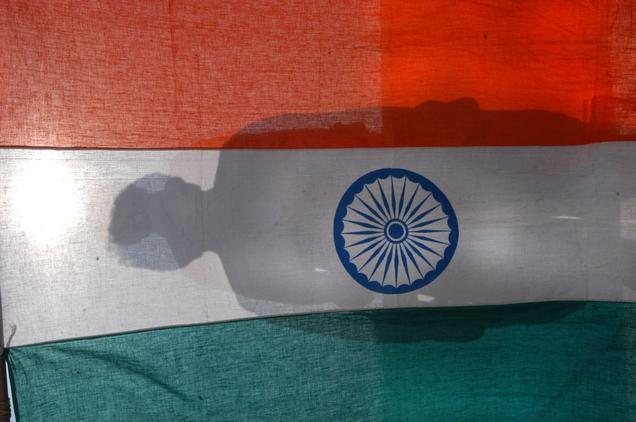
There is confusion over whether these agitations are the result of external conspiracies or due to the genuine outrage against government legislation. There is also a use of hybrid warfare in a few agitation and fallout. The use of hybrid warfare is done in periods of cold and civil war. It involves cyber and informational informality that support secessionist groups. Another factor is the spread of fake propaganda and fake news to fulfil particular objectives to create division in a civil society that damages a country internally. Some African nations facing Civil War and internal threats are some examples of it.
There have been multiple incidents when Pakistan has tried to create a divide and disbalance in our India. There have been security breach attempts near the borders and border aggression that aims to threaten the population living near the border areas. Recently, the target killing incidents of Kashmiri Pandits was an attempt to create an atmosphere of threat for the community and migrants in the state. On the other hand, when India was preoccupied with dealing with Covid-19, it reduced the deployment of the force near LAC. China took advantage of this situation by making intrusion attempts through Ladakh.
As a result, strong forces are needed who can tackle such new challenges within a country. One such step by the defence forces was catching several secret findings of Terrorists throughout India that have been recognized and stopped by the security forces.
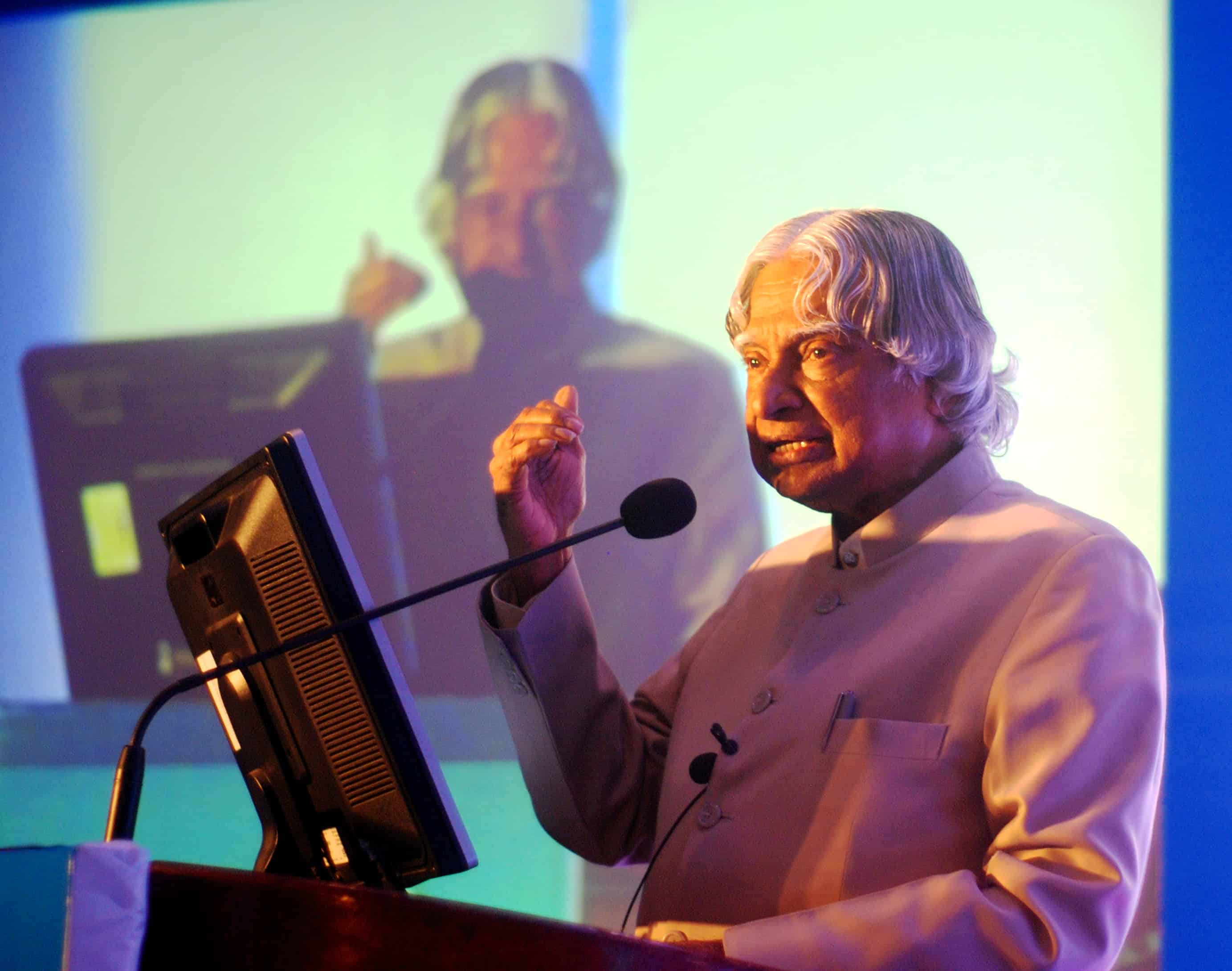
Late President APJ Abdul Kalam, while addressing passing out cadets of the Indian Military Academy on 9 December 2006 stated, “National security is born out of two important components. One is economic growth and prosperity; the second is the capability to defend the nation against all types of threats. India is progressing on both fronts.”
He added, “There are, however, forces operating to derail this process. They do not want India to succeed economically and become self-reliant in military capability. There will always be a dynamic environment along our borders needing eternal vigilance by our Armed Forces.”
India faces two hostile neighbours of Pakistan and China. Both of them seek to attack the vulnerabilities in the preparedness of Indian defence forces. There are several insurgents, infiltrates, and sleeper cells operating within India to support and provide crucial information to the two nations.
But, it is critical to ensure that no anti-terrorist activities by the Indian forces should lead to the death of innocent civilians. There are more chances of hostile nations and terrorists creating inner divides, like religious or secessionist divides. Because Pakistan or terrorists are not fully equipped to attack India directly. So, all the defence and security agencies must work in unison to combat attempts to create Internal threats.
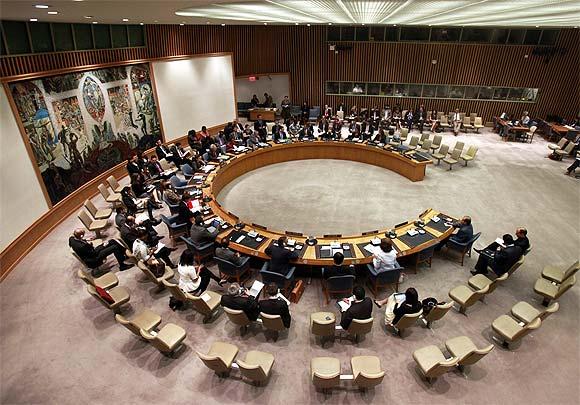
It is important to train the forces to face such new challenges with new tactics in modern times. For this, the National Security Council (NSC) needs to be reformed from a new perspective owing to new challenges. The internal threats and external threats should be dealt with equal importance because both can damage the nation severely. It is important to integrate thinking with coordinated social, political and scientific, and diplomatic approaches.
History bears out that India has faced all kinds of external and internal threats in unison. It is crucial to maintain coordination for the security and peace of our country.
Also Read: Rajasthan’s cabinet reshuffle and the Gehlot-Pilot feud


